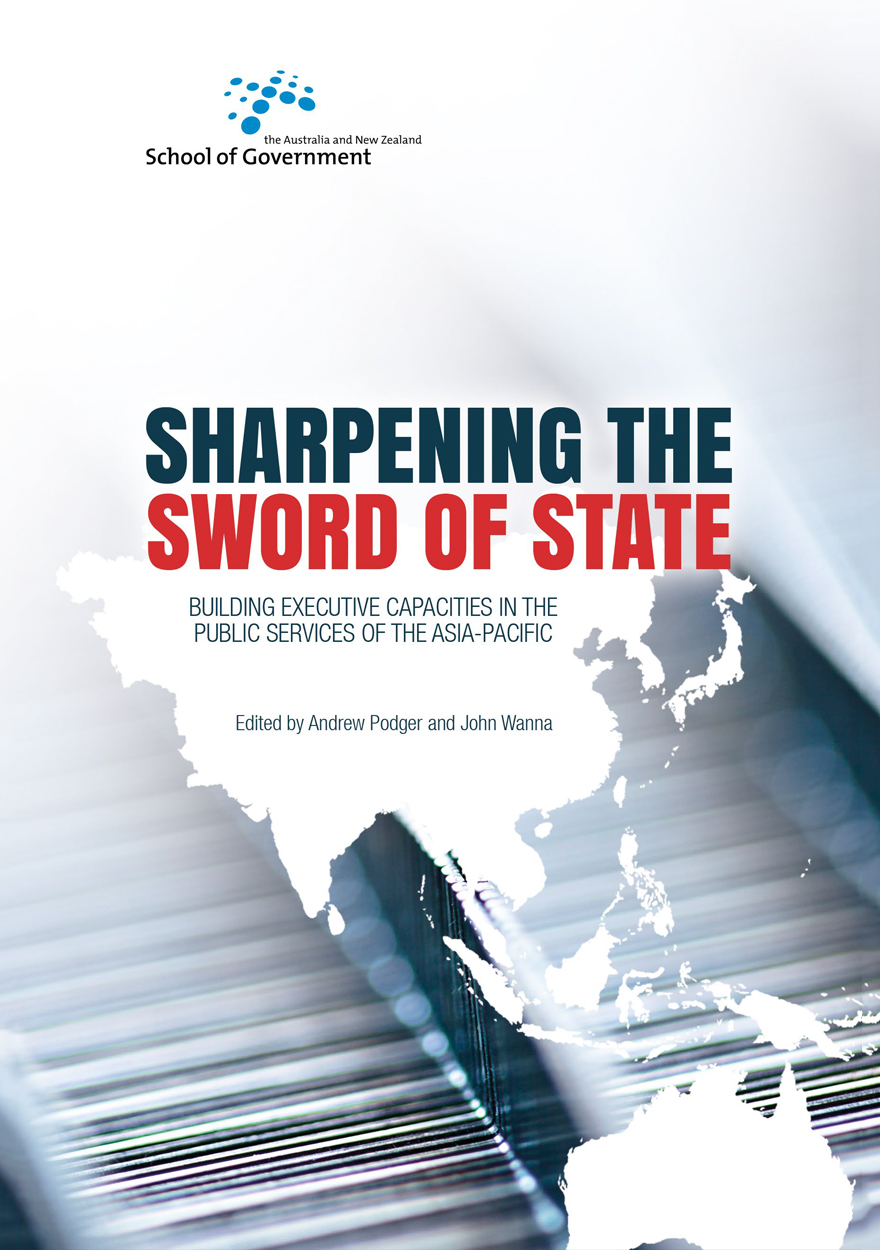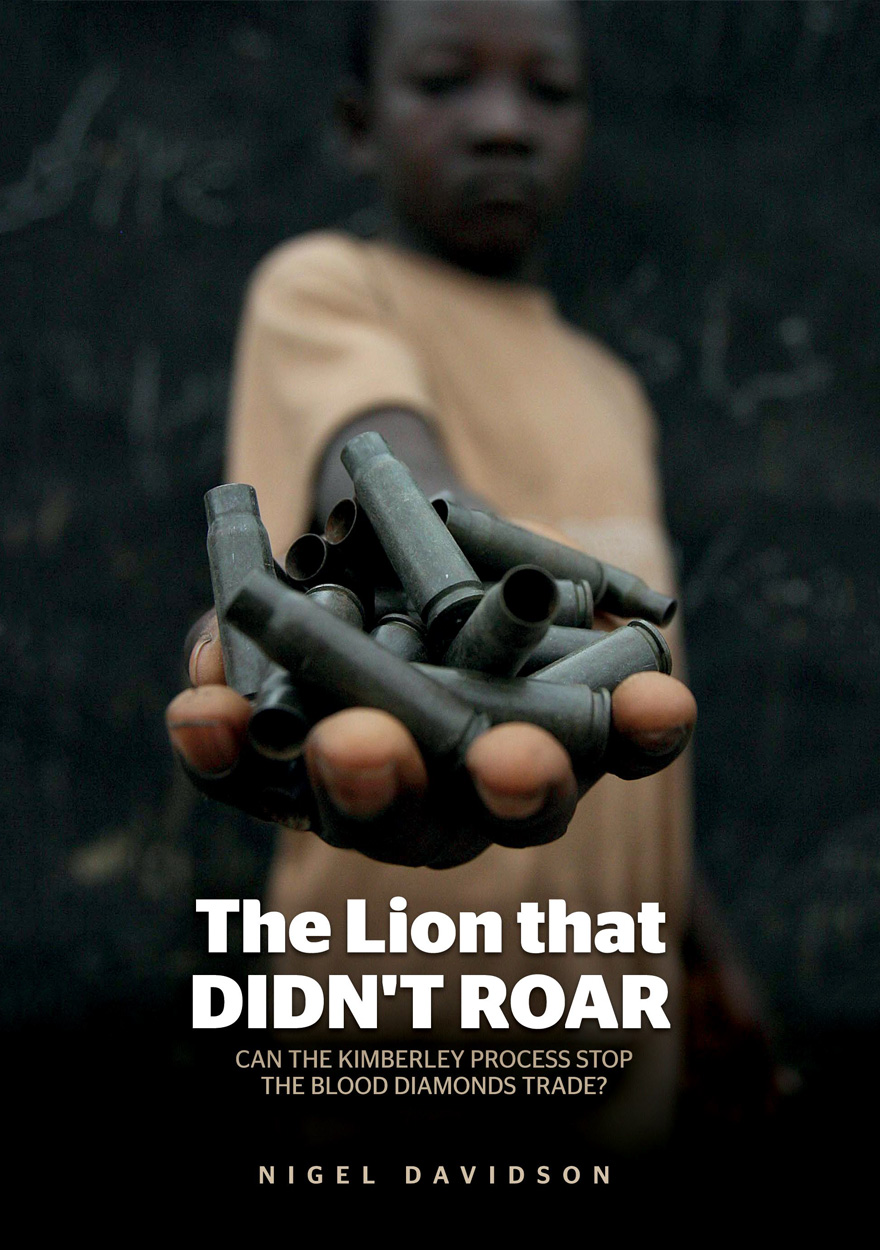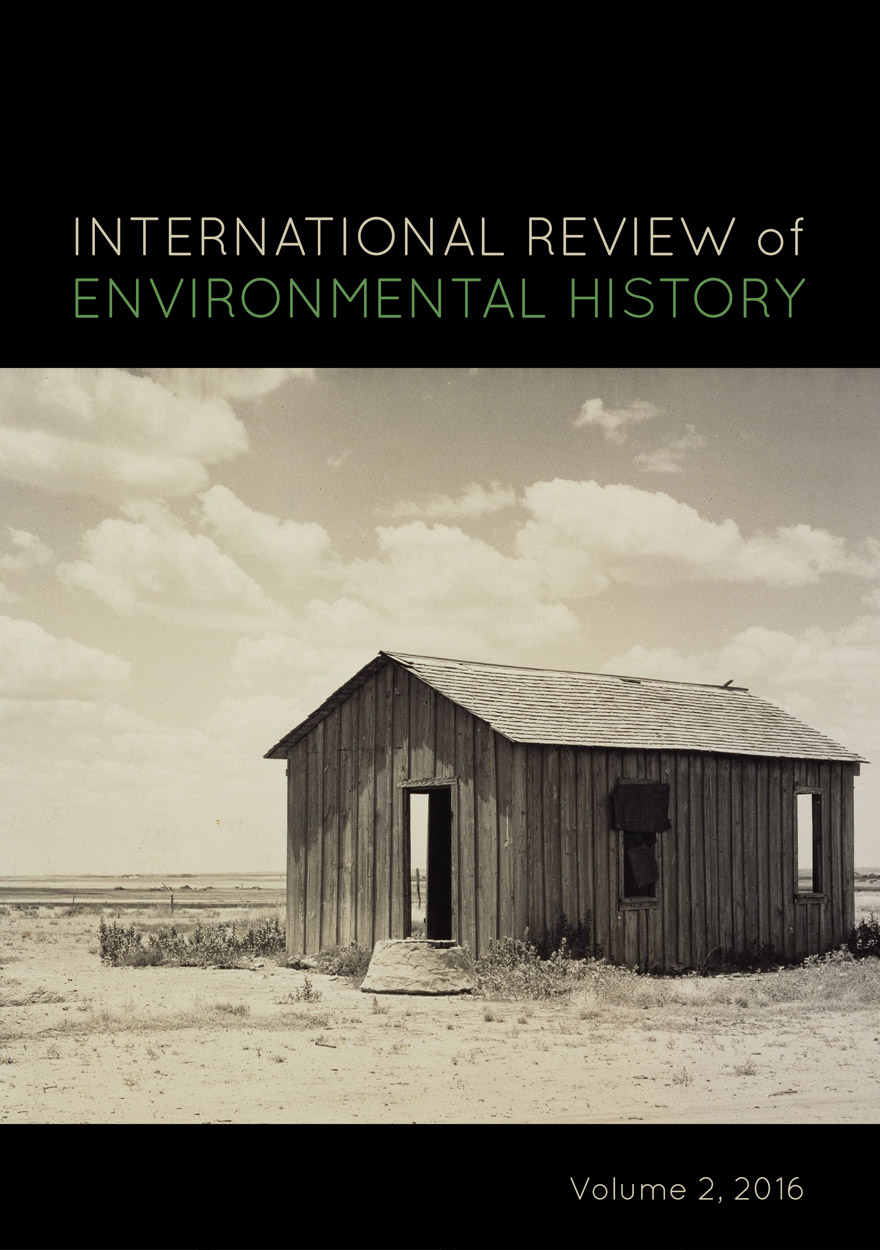Search titles
Displaying results 171 to 180 of 376.

Sharpening the Sword of State »
Building executive capacities in the public services of the Asia-Pacific
Edited by: Andrew Podger, John Wanna
Publication date: November 2016
Sharpening the Sword of State explores the various ways in which 10 jurisdictions in the Asia-Pacific enhance their administrative capabilities through training and executive development. It traces how modern governments across this region look to develop their public services and public sector organisations in the face of rapid global change. For many governments there is a delicate balance between the public interest in promoting change and capacity enhancement across the public service, and the temptation to micro-manage agencies and be complacent about challenging the status quo. There is a recognition in the countries studied that training and executive development is a crucial investment in human capital but is also couched in a much wider context of public service recruitment, patterns of entry and retention, promotion, executive appointment and career development. This empirical volume, authored by academics and practitioners, is one of the first to chart these comparative differences and provide fresh perspectives to enable learning from international experiences.

East Asia Forum Quarterly: Volume 8, Number 4, 2016 »
Publication date: November 2016
East Asia Forum Quarterly grew out of East Asia Forum (EAF) online, which has developed a reputation for providing a platform for the best in Asian analysis, research and policy comment on the Asia Pacific region in world affairs. EAFQ aims to provide a further window onto research in the leading research institutes in Asia and to provide expert comment on current developments within the region. The East Asia Forum Quarterly, like East Asia Forum online, is an initiative of the East Asia Forum (EAF) and its host organisation, the East Asian Bureau of Economic Research (EABER) in the Crawford School of Economics and Government in the College of Asia & the Pacific at The Australian National University.
Download for free
Not available for purchase

Reluctant Representatives »
Blackfella bureaucrats speak in Australia’s north
Authored by: Elizabeth Ganter
Publication date: November 2016
‘How can you make decisions about Aboriginal people when you can’t even talk to the people you’ve got here that are blackfellas?’ So ‘Sarah’, a senior Aboriginal public servant, imagines a conversation with the Northern Territory Public Service. Her question suggests tensions for Aboriginal and Torres Strait Islanders who have accepted the long-standing invitation to join the ranks of the public service.
Reluctant Representatives gives us a rare glimpse into the working world of the individuals behind the Indigenous public sector employment statistics. This empathetic exposé of the challenges of representative bureaucracy draws on interviews with Aboriginal and Torres Strait Islander Australians who have tried making it work. Through Ganter’s engaging narration, we learn that the mere presence of Aboriginal and Torres Strait Islanders in the public service is not enough. If bureaucracies are to represent the communities they serve, Aboriginal and Torres Strait Islander public servants need to be heard and need to know their people are heard.

The Lion that Didn't Roar »
Can the Kimberley Process Stop the Blood Diamonds Trade?
Authored by: Nigel Davidson
Publication date: October 2016
In 2017 it will be Australia’s turn to chair the Kimberley Process Certification Scheme (KP), an international organisation set up to regulate the trade in diamonds. Diamonds are a symbol of love, purchased to celebrate marriage, and it is therefore deeply ironic that the diamond trade has become linked with warfare and human rights violations committed in African producer countries such as Sierra Leone, the Democratic Republic of Congo and, more recently, Zimbabwe and Angola. In their quest for diamonds, or by using diamonds to purchase weapons, armed groups in these countries have engaged in recruiting child soldiers, amputating limbs, and committing rape and murder. In response to the problem, the international community, non-governmental organisations and key industry players such as De Beers combined forces to create the Kimberley Process in 2002. The KP uses an export certificate system to distinguish the legitimate rough diamond trade from so-called ‘blood diamonds’, which are also known as ‘conflict diamonds’. This book considers the extent to which the KP, supported by other agencies at the international and national levels, has been effective in achieving its mandate. In so doing, it presents an original model derived from the domain of regulatory theory, the Dual Networked Pyramid, as a means of describing the operation of the system and suggesting possible improvements that might be made to it.
Nigel Davidson spoke with 936 ABC Hobart about what Australia can do to help stop blood diamonds. Listen to the full interview here.

Party Rules? »
Dilemmas of political party regulation in Australia
Edited by: Anika Gauja, Marian Sawer
Publication date: October 2016
Trust in political parties has never been lower, but we have more and more of them, to the point where voters need magnifying sheets to read ballot papers. What is the relationship between party regulation and the nature of our democracy? How is it that parties have been able to gather so many public resources yet with so little scrutiny of their affairs? This is the first book on party regulation in Australia. It covers a wide range of issues, from party donations to candidate selection, from expectations of parties in a representative democracy to the reluctance to regulate and the role of the courts where legislators fear to tread.
‘The regulation of political parties is one of the most important, but unexplored areas of Australian electoral policy. This important book fills that gap in providing a stimulating and insightful analysis of the pitfalls and potential solutions in this area.’
— Professor George Williams AO

A Difficult Neighbourhood »
Essays on Russia and East-Central Europe since World War II
Authored by: John Besemeres
Publication date: October 2016
Through a series of essays on key events in recent years in Russia, the western ex-republics of the USSR and the countries of the one-time Warsaw Pact, John Besemeres seeks to illuminate the domestic politics of the most important states, as well as Moscow’s relations with all of them. At the outset, he takes some backward glances at the violent suppression of national life in the ‘bloodlands’ of Europe during World War II by the Stalinist and Nazi regimes, which helps to explain much about the region’s dynamics since. His concern throughout is that a large area of Europe with a combined population well in excess of Russia’s could again be consigned by the West to Moscow’s care, not this time by more and less malign forms of collusion, but by distracted negligence or incomprehension.
‘This is a wonderful collection of essays from a leading Eastern Europe specialist. John Besemeres brings a lifetime of experience, profound insights, and an incisive style to subjects ranging from wartime and post-war Poland through contemporary Ukraine to Putin’s Russia. At a time when doublespeak has become the new normal, his refreshing honesty has never been in greater need.’
— Bobo Lo
This publication was awarded a Centre for European Studies Publication Prize in 2015. The prize covers the cost of professional copyediting.

Made in China Journal: Volume 1, Issue 3, 2016 »
Publication date: September 2016
The core of this issue is dedicated to a special section on Chinese labour and investment in Africa, with a specific focus on Ghana and Zambia. You will also find an analysis of the current situation of the Chinese working classes and the prospects for the political representation of labour in China, as well as an examination of the struggles that Chinese workers face when they attempt to access the legal system. The issue also includes an overview of recent worker struggles in India and an essay on Zhao Liang’s Behemoth.
Download for free
Not available for purchase

Pollution »
Publication date: September 2016
Environmental pollution poses serious challenges for China, including to its economy as well as public health. The China Story Yearbook 2015: Pollution looks at how China’s Communist Party-state addresses these problems and how Chinese citizens have coped with and expressed their concerns about living with chronic, worsening pollution.
This Yearbook also explores the broader ramifications of pollution in the People’s Republic for culture, society law and social activism, as well as the Internet, language, thought, and approaches to history. It looks at how it affects economic and political developments, urban change, and China’s regional and global posture. The Chinese Communist Party, led by ‘Chairman of Everything’ Xi Jinping, meanwhile, has subjected mainland society to increasingly repressive control in its new determination to rid the country of Western ‘spiritual pollutants’ while achieving cultural purification through ‘propaganda and ideological work’.
To adulterate, contaminate, spoil or violate—these are among the metaphorical and literal connotations of pollution expressed in this Yearbook via the character ran 染, which forms part of the word for pollution in Chinese, wuran 污染. As the world increasingly relies on economic ties with China, the complexities of China’s one-party system and the Chinese government’s attitudes towards ‘pollution’ are of increasing global significance.
Chapter notes are available to view online.

East Asia Forum Quarterly: Volume 8, Number 3, 2016 »
Publication date: September 2016
East Asia Forum Quarterly grew out of East Asia Forum (EAF) online, which has developed a reputation for providing a platform for the best in Asian analysis, research and policy comment on the Asia Pacific region in world affairs. EAFQ aims to provide a further window onto research in the leading research institutes in Asia and to provide expert comment on current developments within the region. The East Asia Forum Quarterly, like East Asia Forum online, is an initiative of the East Asia Forum (EAF) and its host organisation, the East Asian Bureau of Economic Research (EABER) in the Crawford School of Economics and Government in the College of Asia & the Pacific at The Australian National University.
Download for free
Not available for purchase

International Review of Environmental History: Volume 2, 2016 »
Edited by: James Beattie
Publication date: September 2016
International Review of Environmental History takes an interdisciplinary and global approach to environmental history. It encourages scholars to think big and to tackle the challenges of writing environmental histories across different methodologies, nations, and time-scales. The journal embraces interdisciplinary, comparative and transnational methods, while still recognising the importance of locality in understanding these global processes.
The journal’s goal is to be read across disciplines, not just within history. It publishes on all thematic and geographic topics of environmental history, but especially encourage articles with perspectives focused on or developed from the southern hemisphere and the ‘global south’.
Download for free
Not available for purchase



